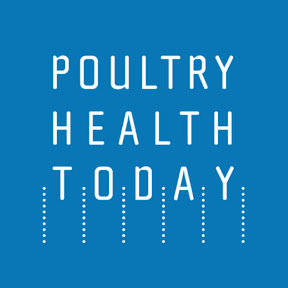



Removal could lead to increased antibiotic use
Removal or reduction of ionophores for the control of coccidiosis in poultry could lead to increased antibiotic use, higher production costs and negative impacts on climate-change mitigation efforts, according to a new review paper in VetRecord.
Coccidiosis is a ubiquitous challenge for poultry producers, with Eimeria parasites that cause the disease adapted to thrive under poultry house conditions. The disease causes serious inflammation and damage in birds affected, while also making them more vulnerable to secondary infections such as necrotic enteritis. The study’s authors — led by UK poultry veterinarian Charles Daniel Parker — cite data suggesting that the global cost of coccidiosis is estimated to be £10.5 billion (approximately US $14.2 billion) annually.
Negative impacts on animal health, welfare and productivity are not the only serious effects, they note. Increased risk of intestinal colonization by common food pathogens could also lead to food safety issues.
The review stresses the advantages of the use of ionophores as feed additives as a means of combatting coccidiosis, including better intestinal integrity, reduced use of antibiotics and economic gains.












